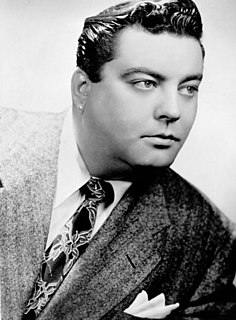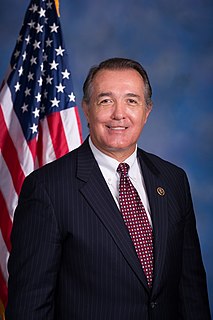A Quote by Edward Abbey
A man's duty? To be ready -- with rifle or rood -- to defend his home when the showdown comes.
Related Quotes
The greatest intensification of the horrors of war is a direct result of the democratisation of the State. So long as the army was a professional unit, the specialist function of a limited number of men, war remained a relatively harmless contest for power. But once it became everyman's duty to defend his home (or his political “rights”) warfare was free to range wherever that home might be, and to attack every form of life and property associated with that home.
I must say this concerning the great controversy over rifles and shotguns. The only thing I've ever said is that in areas where the government has proven itself either unwilling or unable to defend the lives and the property of Negroes, it's time for Negroes to defend themselves. Article number two of the constitutional amendments provides you and me the right to own a rifle or a shotgun. It is constitutionally legal to own a shotgun or a rifle.
Nothing of that which is conducive to help man, collectively or individually, to live not "happily" but less unhappily in this world, ought to be indifferent to the Theosophist-Occultist. It is no concern of his whether his help benefits a man in his worldly or spiritual progress; his first duty is to be ever ready to help if he can, without stopping to philosophize.
No man can well doubt the propriety of placing a president of the United States under the most solemn obligations to preserve, protect, and defend the constitution. It is a suitable pledge of his fidelity and responsibility to his country; and creates upon his conscience a deep sense of duty, by an appeal, at once in the presence of God and man, to the most sacred and solemn sanctions which can operate upon the human mind.
The totalitarian states can do great things, but there is one thing they cannot do: they cannot give the factory-worker a rifle and tell him to take it home and keep it in his bedroom. That rifle, hanging on the wall of the working-class flat or laborer's cottage, is the symbol of democracy. It is our job to see that it stays there.
Prejudice is of ready application in the emergency; it previously engages the mind in a steady course of wisdom and virtue, and does not leave the man hesitating in the moment of decision, skeptical, puzzled and unresolved. Prejudice renders a man's virtue his habit; and not a series of unconnected acts. Through past prejudice, his duty becomes part of his nature.
Personal weapons are what raised mankind out of the mud, and the rifle is the queen of personal weapons.... Pick up a rifle - a really good rifle - and if you know how to use it well, you change instantly from a mouse to a man, from a peon to a caballero, and - most significantly - from a subject to a citizen.



































